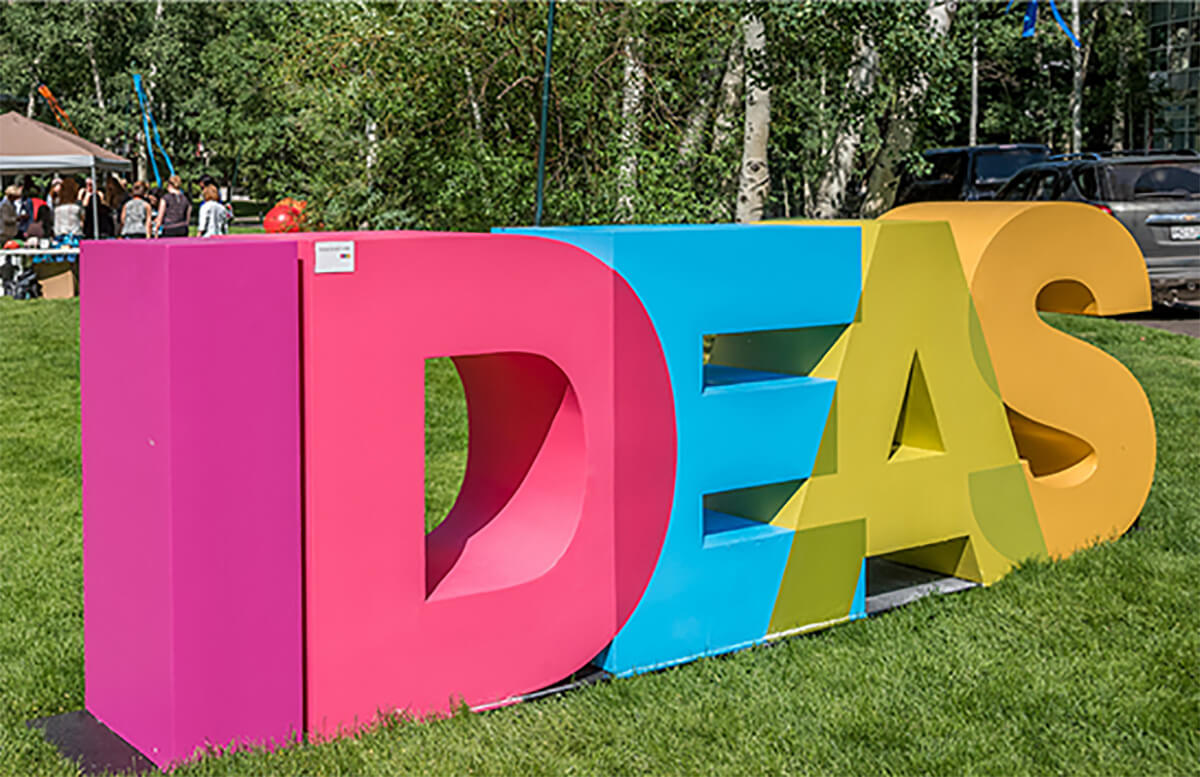We are proud to announce the launch of the CREATIVE CARE COUNCIL! LEARN MORE
We are proud to announce the launch of the CREATIVE CARE COUNCIL! LEARN MORE

Highlights and insights from Spotlight Health at the Aspen Ideas Festival
This is an excerpt of a piece originally published by Next Avenue on June 27, 2017. Read the whole piece there.
By Richard Eisenberg, Money & Work Editor
You’ve likely heard how the Republicans’ Obamacare legislation might have profound effects on older Americans. Health insurance premiums could be up to five times higher than those of younger people (up from three times today), for instance. The Urban Institute estimates the annual premium for a benchmark health plan for someone age 50 to 59 making $42,210 would rise from $4,000 to $6,999. And a Medicaid financing overhaul may, as The New York Times noted, “force retirees out of nursing homes.”
But the daily chatter is missing two big, important questions: What kind of health care and caregiving do the oldest Americans — largely the parents of boomers and Gen X’ers — need? And what will it take for the nation to get there?
Many of the country’s brightest health care and caregiving experts addressed exactly those questions at the Aspen Ideas Festival’s Spotlight Health sessions I attended over the weekend. I’d like to share their thinking (and their wishes) as well as mention a few new websites and initiatives I learned about that will interest you if you’re among the millions of unpaid family caregivers in America.
The upshot: Person-centered care (sometimes called patient-centered care) and technology will help lead the way. Person-centered care means that a person’s values and preferences guide all aspects of health care and support realistic health and life goals. But getting from today’s anachronistic, dysfunctional health care and caregiving system to a 21st century version, unfortunately, won’t be easy and it won’t be quick. Yet there isn’t much time: The number of Americans age 65 and older will double by 2060, to 90 million. “If we’re not focused on the oldest and sickest people, our eye is off the ball,” said Andy Slavitt, a senior adviser for the Bipartisan Policy Center and acting administrator for the Centers for Medicare & Medicaid Services under President Obama.
From the health care standpoint, said David Holmberg, president and CEO of Highmark Health, a national health and wellness enterprise, “We have a unique opportunity for innovation and change. It starts with putting patients in the center, with a consumer focus, and building tools around them to take the power of data and give physicians more precise information to make decisions and diagnose.”
And from the caregiving standpoint, said Ai-jen Poo, co-director of the Caring Across Generations campaign and a 2016 Next Avenue Influencer in Aging: “We’re about to have the largest older population we have ever had, which is a great thing; you have longer to work, to learn, to contribute, to love — if you have the right supports in place and a plan in place.”
…
Several Aspen Ideas Festival speakers bemoaned the lack of standardized training and low pay for the nation’s professional caregivers (median annual income for home care workers: $13,000 a year) as well as the strain on unpaid family caregivers.
“What if we trained and professionalized this [paid caregiving] workforce and invested in these jobs as good jobs that people can take pride in and support their family on, so it became a real pathway to economic security and produced better health outcomes? That’s the proposition,” said Poo. “We could prevent so many unnecessary hospitalizations and institutionalizations.”
That’s starting, too. Poo’s nonprofit has begun training pilot programs and creating credentialed, certification programs, partnering with community colleges. And Washington state has a fund that trains 40,000 home-care workers a year. “Workers get $11 an hour and some get up to $15 an hour, the highest in the country. There’s something to be learned there,” Poo noted.
To help unpaid family caregivers, legislation is being developed in Maine — the state with the oldest population in the U.S. — to create a Universal Family Care System subsidizing the cost of home care and child care. The subsidies would be funded by a payroll tax on income over $118,000.
“An age-friendly health system means supporting the nation’s family caregivers,” said Fulmer. As Anne Tumlinson, founder and CEO of the Daughterhood.org site for family caregivers put it at The SCAN Foundation’s “Face of Aging” panel, when working people suddenly need to take care of an older family member, “it becomes a catastrophe or a shock. There’s no place for them to go. The services and supports are not great, they’re not what they want and they don’t have a way to pay for it. This will completely pull at the fabric of society.”
Here, too, states are beginning to take the lead. “In Hawaii, the governor will sign any day now a caregiver program benefit to help working family caregivers keep their loved ones at home. People can apply for benefits of up to $70 a day so they don’t have to miss work. It doesn’t cover everything, but it helps,” said Poo. “The $70 pays for four hours of home care assisting with daily activities or taking someone to a doctor’s appointment or providing the family caregiver respite care.”
Second City/Caring Across Generations Workshops for Caregiving Through Improv “The famed Second City improv group is joining forces with Poo’s nonprofit to deliver workshops for paid and unpaid caregivers around the country. I participated in one at the Aspen Ideas Festival and can say that I wish I had learned these skills when my mom and dad were alive. I would’ve said “No” less often and “Yes, and…” more.